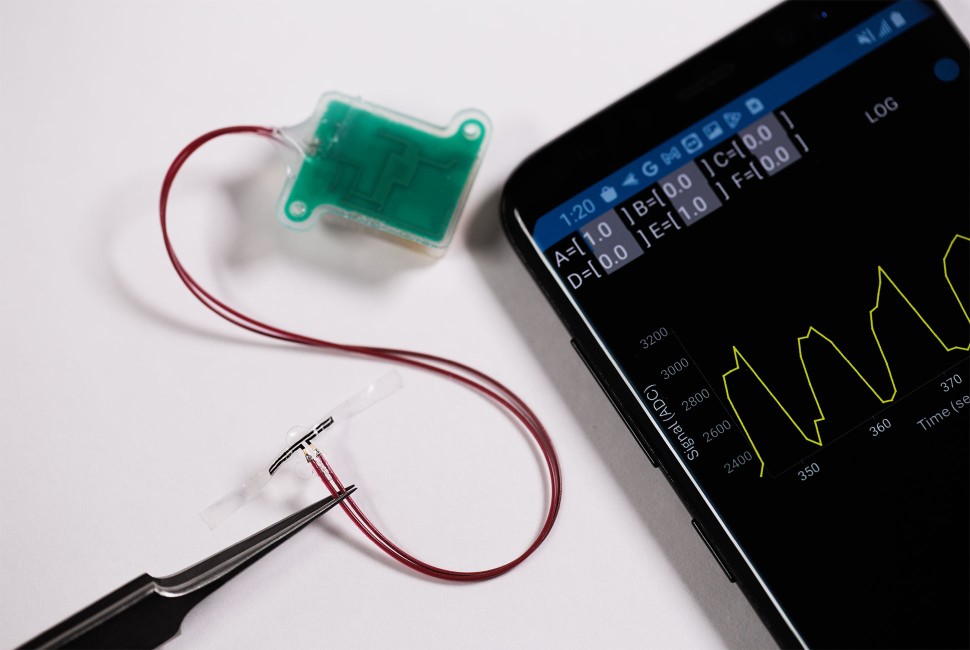2024-03-28 ワシントン州立大学(WSU)

Photo by Travelarium on iStock.
<関連情報>
- https://news.wsu.edu/press-release/2024/03/28/cats-with-mdr1-mutation-at-risk-of-severe-reactions-to-popular-medication/
- https://onlinelibrary.wiley.com/doi/10.1111/jvp.13431
エプリノメクチンを含む寄生虫駆除剤を標識用量で投与すると、ABCB11930_1931del TCホモ接合体のネコで神経毒性症を引き起こす Application of eprinomectin-containing parasiticides at label doses causes neurological toxicosis in cats homozygous for ABCB11930_1931del TC
Katrina L. Mealey, Neal S. Burke, Nicolas F. Villarino, Michael H. Court, Jennifer P. Heusser
Journal of Veterinary Pharmacology and Therapeutics Published: 17 February 2024
DOI:https://doi.org/10.1111/jvp.13431
Abstract
The feline MDR1 mutation (ABCB11930_1931delTC) has been associated with neurological toxicosis after topical application of eprinomectin products labeled for feline use. Information was collected from veterinarians who submitted samples for ABCB11930_1931delTC genotyping. In most cases, the submission form indicated an adverse event involving eprinomectin, in other cases submitting veterinarians were contacted to determine whether the patient had experienced an adverse drug event involving eprinomectin. If so, additional information was obtained to determine whether the case met inclusion criteria. 14 cases were highly consistent with eprinomectin toxicosis. Eight cats were homozygous for ABCB11930_1931del TC (3 died; 5 recovered). Six cats were homozygous wildtype (2 died; 4 recovered). The observed ABCB11930_1931delTC frequency (57%) was higher than the expected frequency (≤1%) in the feline population (Fisher Exact test, p < .0001). Among wildtype cats, four were concurrently treated with potential competitive inhibitors of P-glycoprotein. Results indicate that topical eprinomectin products, should be avoided in cats homozygous for ABCB11930_1931delTC. This is a serious, preventable adverse event occurring in an identifiable subpopulation treated with FDA-approved products in accordance with label directions. Acquired P-glycoprotein deficiency resulting from drug interactions may enhance susceptibility to eprinomectin-induced neurological toxicosis in any cat, regardless of ABCB1 genotype.


